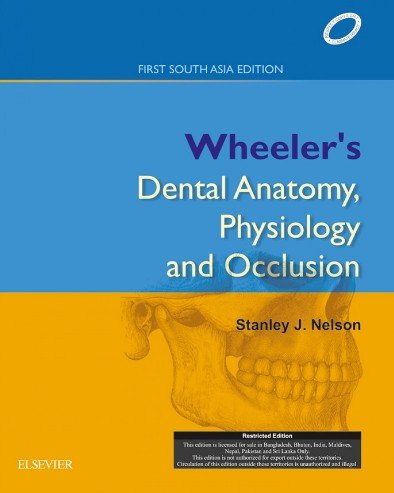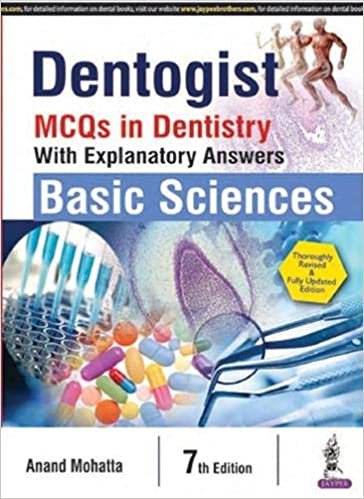Wheeler’s Dental Anatomy, Physiology and Occlusion – Matte Finish
by Stanley J. Nelson DDS MS
Successfully learn to apply dental anatomy to the practice of dentistry with Wheeler’s Dental Anatomy, Physiology, and Occlusion. Updated and visually enhanced this market-leading dental text expands its focus on clinical applications. Dozens of online 360-degree and 3-D tooth animations to give you an unparalleled view of dentitions, pulp formation, the sequence of eruptions, and countless clinical considerations. Every text purchase also comes with access to the companion Expert Consult website ― where you can reference the entire text electronically, as well as engage with a wealth of learning activities, animations, and hands-on resources to better understand and retain the information covered in the text. In all, this proven learning package offers all the up-to-date information, best practices, and tools to prepare you for the dental anatomy and occlusion section of the exams and ensure long-term clinical success.
- More than 800 full-color images include detailed, well-labeled anatomical illustrations as well as clinical photographs.
- Bolded key terms draw students’ attention to essential terminology.
- Practical appendices include Review of Tooth Morphology with a concise review of tooth development from in utero to adolescence to adulthood; and Tooth Traits of the Permanent Dentition with tables for each tooth providing detailed information such as tooth notation, dimensions, position of proximal contacts, heights, and curvatures.
- 360-degree virtual reality and 3-D animations on Expert Consult help students refine their skills in tooth identification and examination.
- Step-by-step videos on Expert Consult demonstrate occlusal adjustments.
- Labeling exercises challenge students to identify tooth structures and facial anatomy with drag-and-drop labels.
- Chapter on clinical applications includes practical applications and case studies to prepare students for exams. Topics include root planing and scaling; extraction techniques and forces; relationship of fillings to pulp form and enamel form; and occlusal adjustment of premature occlusal contacts and arch form in relationship to bite splint designs.
- NEW! Learning objectives and pre-test questions at the start of every chapter focus students’ attention on the knowledge and critical thinking expectations for each chapter.
- NEW! Full-color images have replaced many of the black and white images to give students a more vivid picture of clinical situations and procedures.
- NEW! Updated information incorporates new research and visuals to ensure students are equipped with the latest best practices.
- NEW! Access to the companion Expert Consult website includes hands-on exercises, animations, videos, quizzes, exams, and more to round out students’ learning experience and help ensure their ability to apply book content.





Reviews
There are no reviews yet.